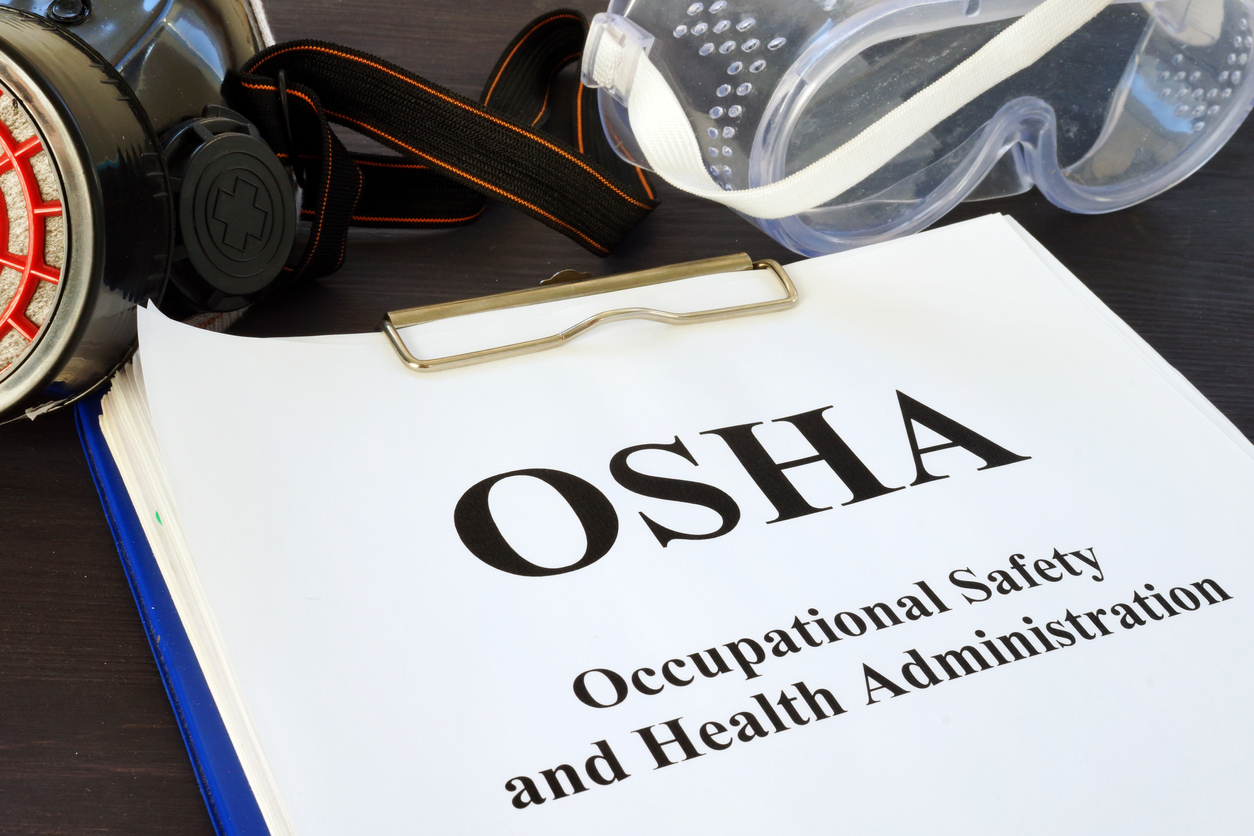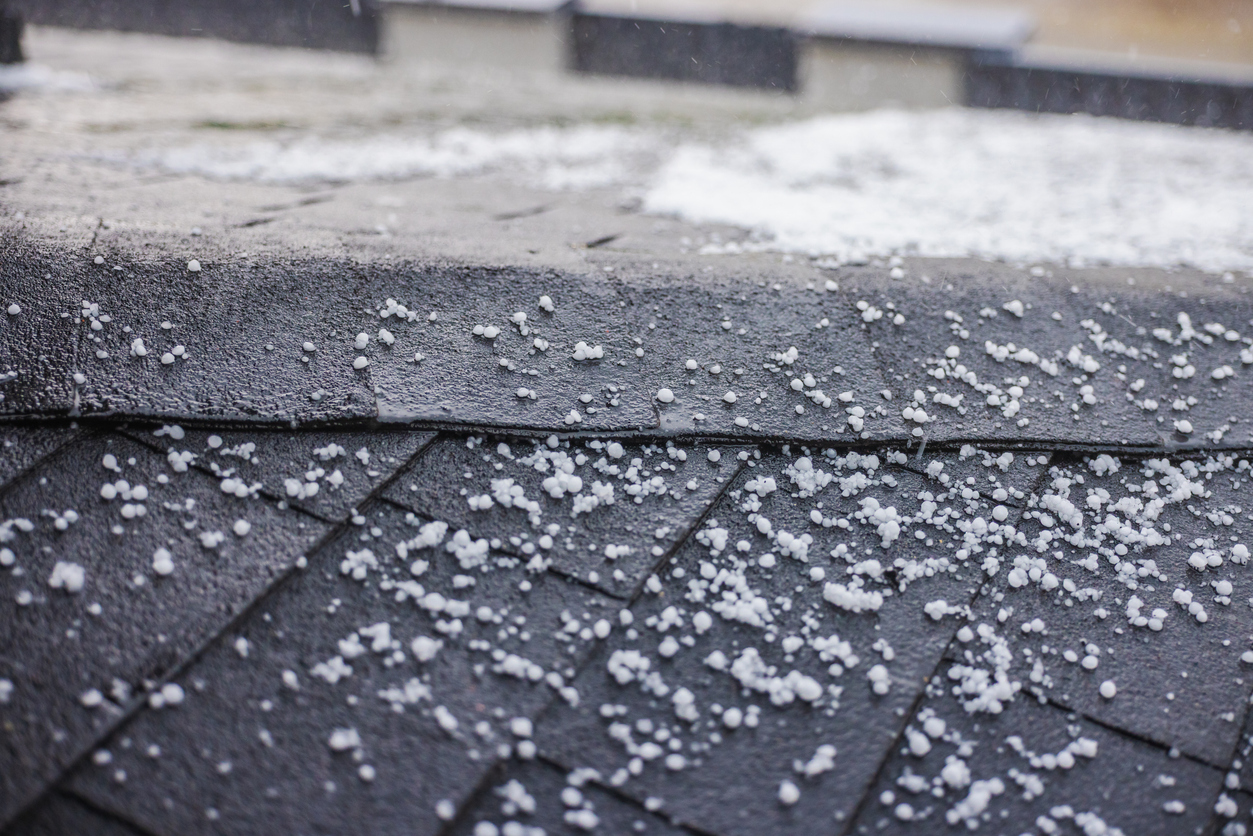The recent tragic story, Teen Roofer Fatally Electrocuted on the Job, Federal Probe Launched, reinforces the lesson that OSHA costs, training, and compliance must be accounted for and accomplished by restoration contractors, roofers, and adjusters. Roofing and restoration work involves inherent hazards like working at heights, handling heavy materials, using power tools, and operating machinery in dangerous areas. Compliance with OSHA regulations helps protect workers from accidents, injuries, and fatalities by establishing guidelines for safe work practices, proper training, and the use of personal protective equipment (PPE).
OSHA costs have to be considered in roofing estimates. I suggest re-reading Getting the Xactimate Construction Price Right. The post highlights OSHA costs:
Xactimate construction price expert Steve Shannon told me that Merlin Law Group should make a seminar called, The Price is Right! I was listening to him and OSHA expert witness, Kevin Dandridge, discuss various issues of construction worker and site safety and where those costs should show up in insurance claim estimates.
All insurance adjusters should make certain that a construction estimate is made which is legal. If a construction estimate does not have inclusion of OSHA laws, it is an estimate of illegal construction. Insurance company adjusters should not be writing estimates which are illegal. Yet, it is common because many adjusters lack education or experience regarding OSHA laws and how construction is done.
…
Steve Shannon made a point that older versions of the Xactimate training workbook had a specific section on OSHA requirements for roofing estimates because it is so complicated. It has been removed from more current workbooks, but the line items still exist for the adjusters to add the line items. A copy of that portion of the workbook is attached.
These costs must include consideration of the personal protective equipment because the law places that cost responsibility on the employers, as noted in Insurance Repair Estimates Must Include Costs of Personal Protection Equipment.
These issues should come up in every case where costs are provided by the insurance company estimator. Since all insurance companies and adjusters will agree that a good faith estimate must account for all the state and local laws regarding worker safety, where are the cost items for compliance with OSHA regulations? This issue was addressed in Insurance Companies Should Be Accountable For Not Including Legally Required Costs Of Safe Construction:
Safety is first. But that is not the course of affairs when dealing with insurance company adjusters who usually say that they will not include the costs of legally required safe construction practices because their managers will not allow those costs.
Why do insurance companies not follow the law? That question is pretty easy to answer: Most insurance commissioners do not closely monitor what is going on in the field and insurance companies want to decrease costs.
A Merlin Law Group employee asked me about a recent article, Ohio Roofing Contractor Imprisoned After Employee’s Fatal Fall, and asked me how insurance companies do not get imprisoned for failing to include safety costs in their estimates. I Said that they should get imprisoned and ‘if just one company claims manager was imprisoned, you could bet that there would be a lot more compliance for including these costs.’
The bottom line is that job safety is job one and is mandated by the law. Navigating OSHA regulations and prioritizing safety is crucial for insurance restoration and roofing companies to protect workers, maintain legal compliance, build client trust, mitigate risks, and achieve long-term cost savings. Adherence to key OSHA requirements related to fall protection, PPE, hazard communication, training, and electrical safety is essential for a safe and successful project. The tragic story noted how the roofing contractor did not even familiarize himself with OSHA and child labor laws. Ignorance of the law is no excuse for accountability.
Thought For Day
Job safety is not a luxury; it’s a necessity. Compliance with OSHA regulations is the minimum standard for keeping workers safe. Going beyond compliance is how you truly protect your workforce.
—John Henshaw




